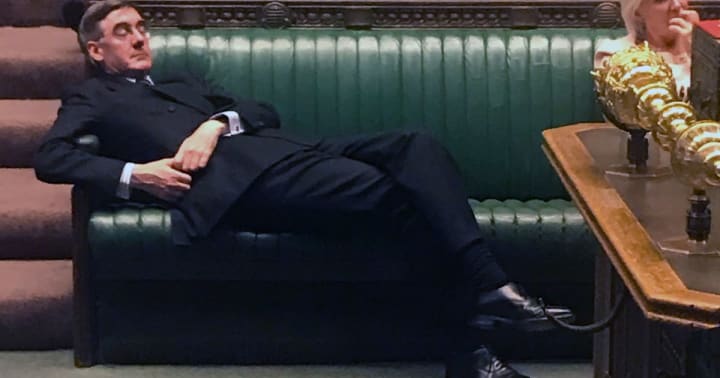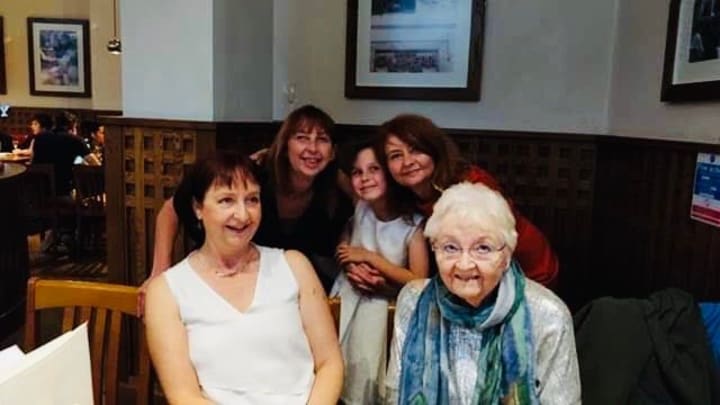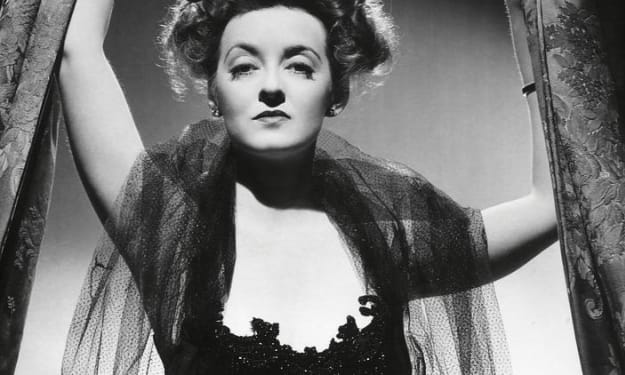Why I am not over #PartyGate
A Case Study in Political Gaslighting

For international readers – some context. #Partygate has been trending in the UK for months now, as drip by drip we are learning of the extent of how our government leaders partied their way through lockdown. They made laws which they broke. They made laws which we were told we needed to follow to keep ourselves and others safe. They broke those laws, whilst others were isolated, fined and well-organised, safe protests were heavily policed. They broke those laws by partying.
Like all scandals it has used the suffix ‘gate’, after Nixon’s Watergate. A key difference between the two scandals is that in Watergate someone was held to account and lost his job. The law makers and breakers, in this case, have not been fully held to account. The only person to lose her job so far has been a press secretary who did not attend the parties, but was filmed rehearsing excuses for them.
There has now been a police investigation. This was held reluctantly after public outcry. We now know that our Prime Minister has completed a questionnaire on the facts. We were told that this was the equivalent of being interviewed under police caution. I’ve never known a Prime Minister be investigated in this way. Any other member of parliament involved in a police investigation would usually resign. We have also been told that members of staff in 10 Downing Street have been fined for parties over the lockdown period. They are being afforded an anonymity that members of the public who failed to abide by the rules at the time, were not.
There have been no sackings and no resignations.
And now we are being told that we have moved on.

Jacob Rees-Mogg, a cabinet minister for Brexit, described the #Partygate scandal as ‘fluff’, in the context of the UK’s cost of living crisis and war in Ukraine (two other crises the government are woefully inadequate at handling). And on 4 April, Simon Hart, the Welsh secretary told a journalist that people had moved on.
I haven’t.
Others haven’t.
Those who lost people haven’t moved on.
The word gaslighting has become firmly embedded in the vocabulary. It has its background in the 1994 Film Gaslight in which a husband uses trickery to convince his wife she is going insane, so that she is vulnerable and he can steal from her.

In the field of domestic abuse, it has a very specific meaning as a tactic of abusers to undermine their partners sense of reality.
In the public sphere, it is sometimes used as a synonym for lying. But it is more than lying. Boris Johnson is a proven liar who regularly misleads parliament and, before that, his readership when he was a journalist. His lies are readily listed.
However, #Partygate is more than the deliberate misleading of lying. What moves it from dishonesty to trickery and gaslighting, is the narrative that those who cling to the scandal, who are still baying for justice, are pathological in their refusal to move on.
In domestic abuse terms: So, I had an affair. I said sorry, now move on. Your distress is unnecessary.
In public service terms: So we made the laws and then broke them. Didn’t everyone break the rules. Your continued distress is unnecessary.
The fault for the behaviour imperceptibly shifts from the perpetrator to the mental state of the abused. Those who keep bringing it up are out of touch, neurotic, pathological. It is a power dynamic determined to put us pesky contrarians in our place.
I can’t forget.
My grief is not pathological.
Instead, it is being taunted and prodded at.
I don’t claim to be perfect. I broke a Covid rule.

My Mum was dying of cancer in March 2020. She was on a general ward, but struggling to get the attention her pain required. We were aware a lock-down was coming. We were following the stories from Italy with interest.
I cried on a Palliative Nurse to get my Mum moved to a Palliative Care Unit. Mum wasn’t yet ready to admit she was dying, but we all knew. The palliative care unit was peaceful, with a view of daffodils out the window. I felt I had done the right thing.
A day or two after getting her moved, the rules changed and she was allowed only one visitor for one hour per day. That fell to my big sister who had Power of Attorney. Mum died on her own on 31st March, just after Ruth had got home from visiting.
The funeral was held in April 2020. For the UK, this is significant timing, as we later found out a key Special Adviser to the Prime Minister, Dominic Cummings, was breaking the law, by visiting his parents in Durham. We were expected to believe he drove to Barnard Castle at a time when we were not allowed to leave our houses “to test his eyesight”.
At the time, the limit for funerals was five people. That meant that if each daughter had taken her partner, we would have been one over the limit. So, we made the decision that it would just be the three of us.
I had to make a car journey across the Pennines to attend. I remember worrying that I might be stopped by the Derbyshire police who had posted photos of people walking their dogs in the countryside. The pictures were designed to shame members of the public who were making 'unnecessary' journeys.
We met outside the house and drove in our separate cars to the crematorium, following the hearse. Mum’s parish priest gave a beautiful eulogy.
Joan Armatrading’s “I am not in Love” was played as her casket disappeared behind the curtains. At this point, Ruth and I heard our little sister sob. We looked at each other from our 2m distance and without a word, shuffled along the bench to give Becky the briefest of hugs.
That was it – the rule broken. And I felt both right to have hugged my sister and guilty that I hadn’t managed to be as stoic as the times required.
There was no wake. There was no party. There was no other way to share our grief.
And that is not ‘fluff’.
About the Creator
Rachel Robbins
Writer-Performer based in the North of England. A joyous, flawed mess.
Please read my stories and enjoy. And if you can, please leave a tip. Money raised will be used towards funding a one-woman story-telling, comedy show.






Comments
There are no comments for this story
Be the first to respond and start the conversation.